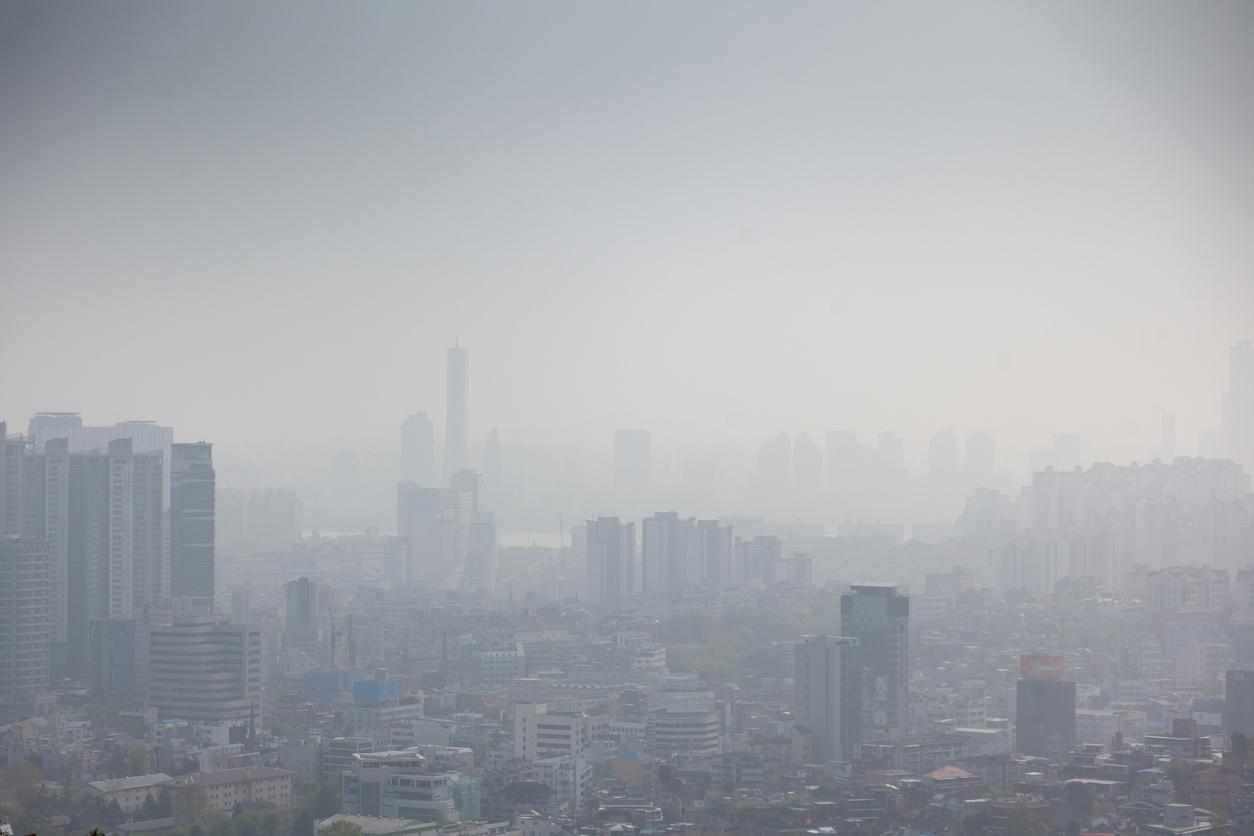Researchers suggest that fine particle air pollution may worsen the cardiovascular health of patients who have had cancer.

- Exposure to PM2.5, fine particles in the air, was significantly associated with higher rates of cardiovascular disease incidence and mortality in cancer patients – and vice versa.
- The cause is that pollution affects “multiple common risk factors shared by both cancer and cardiovascular diseases, such as pathways associated with inflammatory and oxidative stress.”
- “Even temporary deterioration in air quality can have immediate adverse effects,” the study said.
While cancer treatments can significantly increase the survival rate of patients, many survivors often live with chronic health problems, such as cardiovascular disease, particularly because they are at greater risk of diabetes or high blood pressure.
According to a new study published in the Journal of the American College of Cardiologyair pollution could also play an important role in the onset of cardiovascular diseases in cancer survivors.
Air pollution associated with cardiovascular disease in cancer patients
“Air pollution has been recognized as a major risk factor for both cardiovascular disease and cancer, but little research has been conducted to study its effects on the overlap of the two diseases.” To fill this gap, the team of scientists led by cardiologist Xiaoquan Rao reviewed eight studies conducted between 2000 and 2023 that explored the combined effect of air pollution on cardiovascular disease and cancer.
The researchers found that exposure to PM2.5, fine particles in the air, was significantly associated with higher rates of cardiovascular disease incidence and mortality in cancer patients – and vice versa. “Air pollution appears to impact multiple common risk factors shared by both cancer and cardiovascular disease, such as pathways associated with inflammatory and oxidative stress”specifies a communicated.
Air pollution as a factor in health inequalities
“Surprising discovery […] Even short-term exposure to high levels of PM2.5 rapidly impacted the cardiovascular health of cancer patients, suggesting that even temporary deterioration in air quality can have immediate adverse effects on vulnerable populations such as patients with a history of cardio-oncology.”
The study highlights that air pollution is a major contributor to global health disparities, with disadvantaged populations exposed to higher levels of air pollution, and cancer patients with lower socioeconomic status face a higher risk of air pollution-related cardiovascular disease mortality than the general public.
“More research is needed, including clinical studies, to better understand the impacts of air pollution on cardiovascular disease and cancer.”the authors conclude.

















